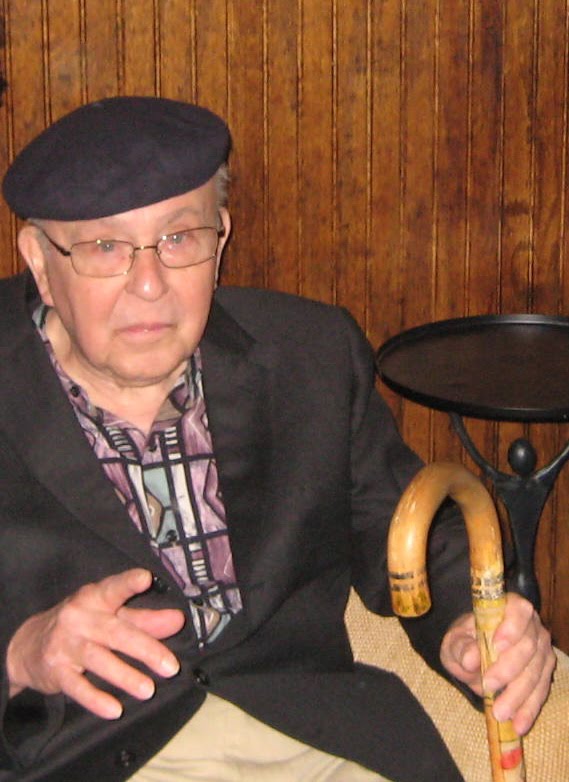4.1.2.11 The poetics of Lorenzo García Vega (1926 – )

In his poetry, Lorenzo García Vega attempts to capture a turbulent inner world by breaking away from all traditional aesthetic continents. In this sense, he generally expresses himself in free verse and sometimes in poetic prose, with a certain surrealist strain but whose symbolism is pertinent to the tropical tropics (from trope), to the sphere of Cubanness.
It has been noted that his sensibility is very similar to that of César Vallejo’s “Trilce,” especially in his collection of poems “Suite for Waiting.” He also wrote other poetic texts worthy of inclusion in the national tradition, such as “Variations as a Verdict for a Sun of Other Doubts,” from 1993; “Palindrome in Another Lock,” from 1999; and “Albino Textilandia,” from 2004.
Regarding Lorenzo García’s poetry, Cintio Vitier, including him in his anthology “Ten Cuban Poets”, says:
“This confirms the sign of that movement that has informed the core of our poetic expression since 1936, that impetuous mystical advance, iridescent according to each temperament, toward the most unknown lands and the most pristine figures. With Lorenzo García Vega, with his world of dew inland, of nostalgia in love at first sight or grotesque in harlequins of words, with his incandescent touch that dispels the senile grotesqueness of habit and cries out to us in rapture: Look, we can be certain that that impulse flies to the most angelic region of time and remains filled with the thirst that matters, called to light and substance.”
His works usually show a fragmented condition, brushstrokes of impressions or beings that populate the poet and that he tries to assemble in the structure of the text, as an exorcism to the chaos of ideas and emotions that reigns within him, which is also a propitious pasture for the emergence of poetic beauty.
A powerful imaginative capacity is based on the delving into the unconscious, characteristic of his proximity to surrealism. This enriches the search for national identity, not in an intellectual sense, but rather because the poet needs to grasp his context to find himself. However, this does not imply a narrowing of the genre; rather, he drew on motifs from universal tradition and diverse mythological sources.
Originist in essence, his poetics appear guided by the intuitive in the associations, the unexpectedness of the language that does not seek to surprise but to capture the images that come to him, with a double root in that they come from a poetic psychic state and from the very grasp of reality, intermingled and elevated to a high aesthetic rank, whose discovery is partly due to Lezama’s prophetic voice.








